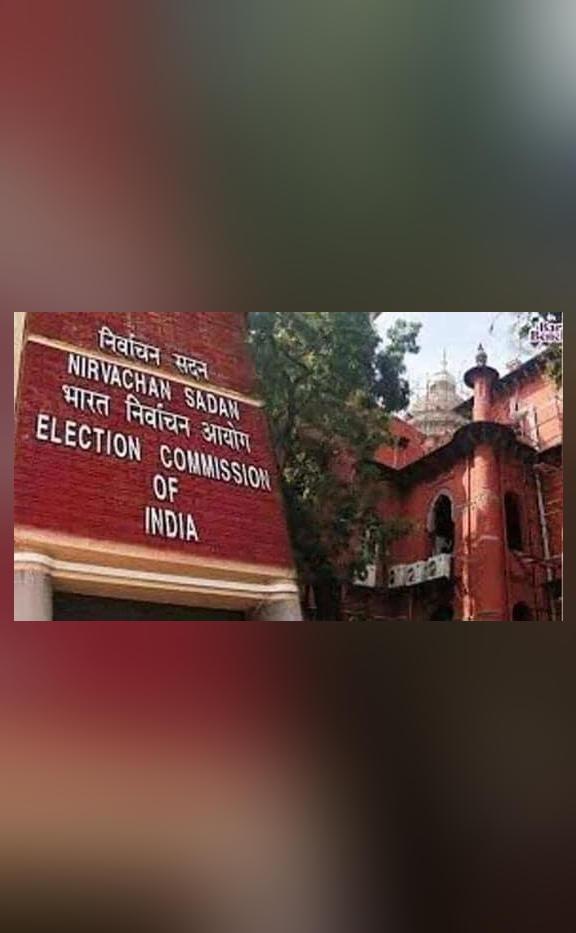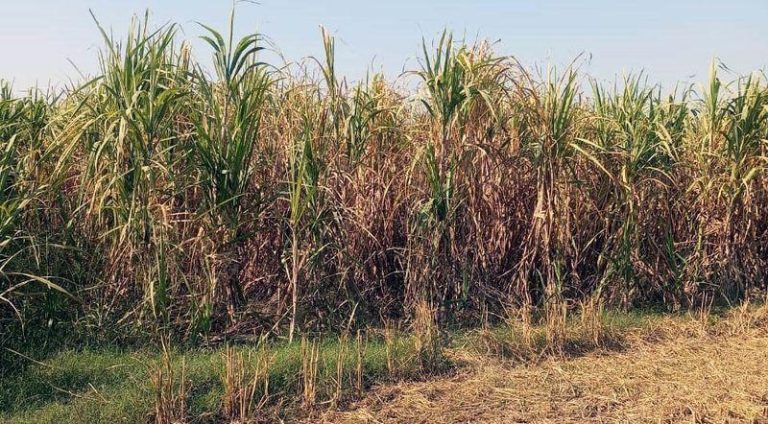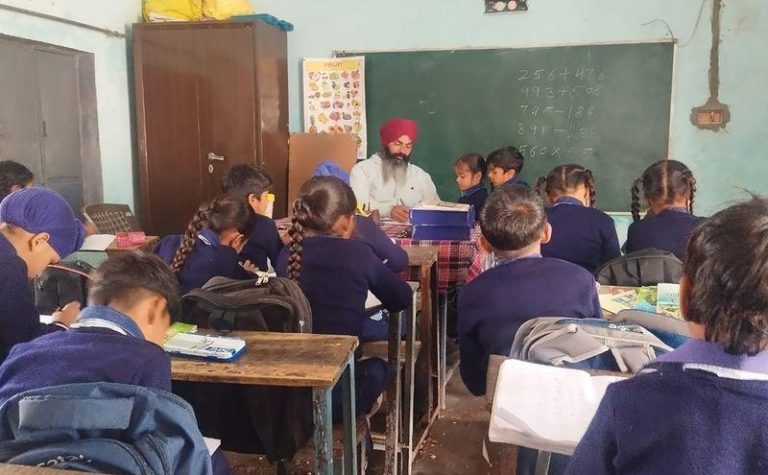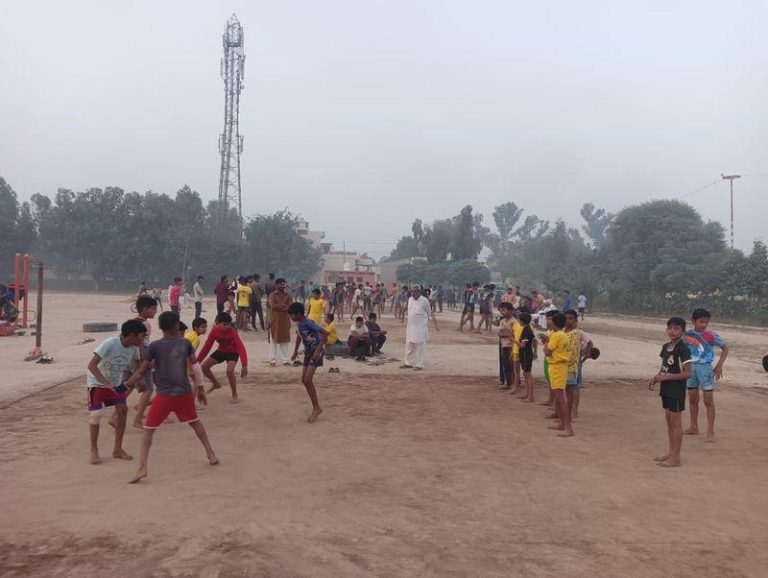
Aadhaar, Voter ID & Ration Cards Can’t Be Considered for SIR: ECI
In a recent development, the Election Commission of India (ECI) has rejected the Supreme Court’s suggestion to accept Aadhaar, voter ID, and ration cards as standalone proof of voter eligibility in the ongoing special intensive revision (SIR) of Bihar’s electoral roll. This decision has been met with a mix of reactions, with some hailing it as a necessary step to ensure the integrity of the electoral process, while others see it as an unnecessary hurdle for eligible voters.
For the uninitiated, the SIR is a periodic exercise carried out by the ECI to update the electoral rolls and ensure that all eligible voters are enrolled. The exercise is currently underway in Bihar, with the aim of ensuring that the electoral roll is accurate, up-to-date, and inclusive.
The ECI’s decision to reject the Supreme Court’s suggestion was made public in a press release, which stated that the poll body would continue to rely on traditional methods of verifying voter eligibility, including the production of a photograph, signature, and proof of address. The release also made it clear that a person’s citizenship would not terminate on account of not being part of the electoral rolls.
So, what led to this decision, and what are the implications for voters in Bihar and beyond?
The Background
The Supreme Court had previously suggested that Aadhaar, voter ID, and ration cards could be used as standalone proof of voter eligibility, in a bid to make the electoral process more efficient and inclusive. This was seen as a step forward in the ongoing effort to increase voter turnout and reduce the complexity of the electoral process.
However, the ECI was not convinced, citing concerns about the security and accuracy of these documents. In its press release, the ECI highlighted the potential risks of relying on these documents, including the possibility of fake IDs being used to fraudulently enroll voters.
The Concerns
The ECI’s decision is not without its critics, with some arguing that it will lead to additional hurdles for eligible voters who do not have traditional proof of identity and address. However, the poll body is keen to emphasize that the decision is aimed at ensuring the integrity of the electoral process, rather than creating unnecessary barriers for voters.
In a statement, the ECI said, “The Commission is of the view that the traditional methods of verification of electors, including the production of a photograph, signature, and proof of address, are sufficient and reliable for the purpose of electoral registration.”
The Implications
The ECI’s decision has significant implications for voters in Bihar and beyond. For those who do not have traditional proof of identity and address, the process of enrolling in the electoral rolls may be more complex and time-consuming.
However, the poll body is keen to emphasize that it will continue to make efforts to ensure that all eligible voters are enrolled, including those who may not have traditional proof of identity and address. In its press release, the ECI said, “The Commission is committed to ensuring the right to vote for all eligible citizens of the country, and will take all necessary steps to ensure that the electoral rolls are updated and accurate.”
Conclusion
In conclusion, the ECI’s decision to reject the Supreme Court’s suggestion to accept Aadhaar, voter ID, and ration cards as standalone proof of voter eligibility is a significant development in the ongoing effort to ensure the integrity of the electoral process. While some may see it as an unnecessary hurdle for eligible voters, the poll body is keen to emphasize that the decision is aimed at ensuring the security and accuracy of the electoral rolls.
As the SIR exercise continues in Bihar, voters are advised to ensure that they have the necessary documents to prove their identity and address. For those who do not have traditional proof of identity and address, the ECI is committed to providing assistance and support to ensure that they are able to exercise their right to vote.






